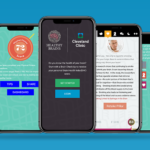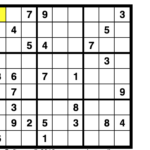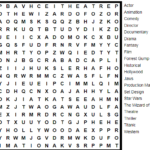 Did you know that your cognitive brain health peaks around age 22? Without constantly challenging yourself and learning new things, it may be easy for your brain to gradually decline. How do we keep feeding our noggins information that may potentially benefit our brain’s health for years to come?
Did you know that your cognitive brain health peaks around age 22? Without constantly challenging yourself and learning new things, it may be easy for your brain to gradually decline. How do we keep feeding our noggins information that may potentially benefit our brain’s health for years to come?
Curiosity Kills Brain Decline
When we get older and graduate from school, we are no longer assigned homework. We may lack motivation to try novel activities and many adults can fall into a comfortable career where the work is much the same every day. All of this contributes to ways that our brain gets “stuck” in it’s thinking and developing.
Instead, reignite your childhood curiosity and challenge yourself to learn something new every week. Try reading books or take up a hobby that requires diligence and practice to master like playing an instrument or learning a new language. Scientist now believe your brain has neuroplasticity, or the ability to form new neurons and new connections. Not only will you enjoy your new challenges, your brain will benefit from problem solving, breaking old patterns of behavior and gaining new insights.
Break out the Games
Playing card and board games, is not only fun and contributes to quality family time, it may actually benefit brain health. Try activities like matching cards, playing online games, and putting together puzzles. Just remember to take on a variety of challenges and avoid autopilot.
Coloring to Relax
Coloring is no longer just for kids, it’s the new adult craze. Why so popular? Some research suggests that coloring or art therapy can help reduce stress and may help us focus by relaxing the mind much like meditation. Managing stress and promoting relaxation make a big difference in the health of your brain.
Avoid Cramming
Overloading your brain with new information and challenges will eventually tire it out. The brain loves to learn and wants to reward you for your efforts, but the brain also needs “down time”. Giving your cognitive centers a break with a short nap, meditation, or even a quick walk will give it time to soak up and retain what you’re trying to learn.
Stick with It
If the brain truly begins declining around age 25, you have to stay committed to your brain health for decades to come. Learn and challenge yourself in all phases of your life.
See all six ways to navigate your journey to brain health, no matter what your age. And for fun, play our new online puzzles in our “Cranium Corner”.









